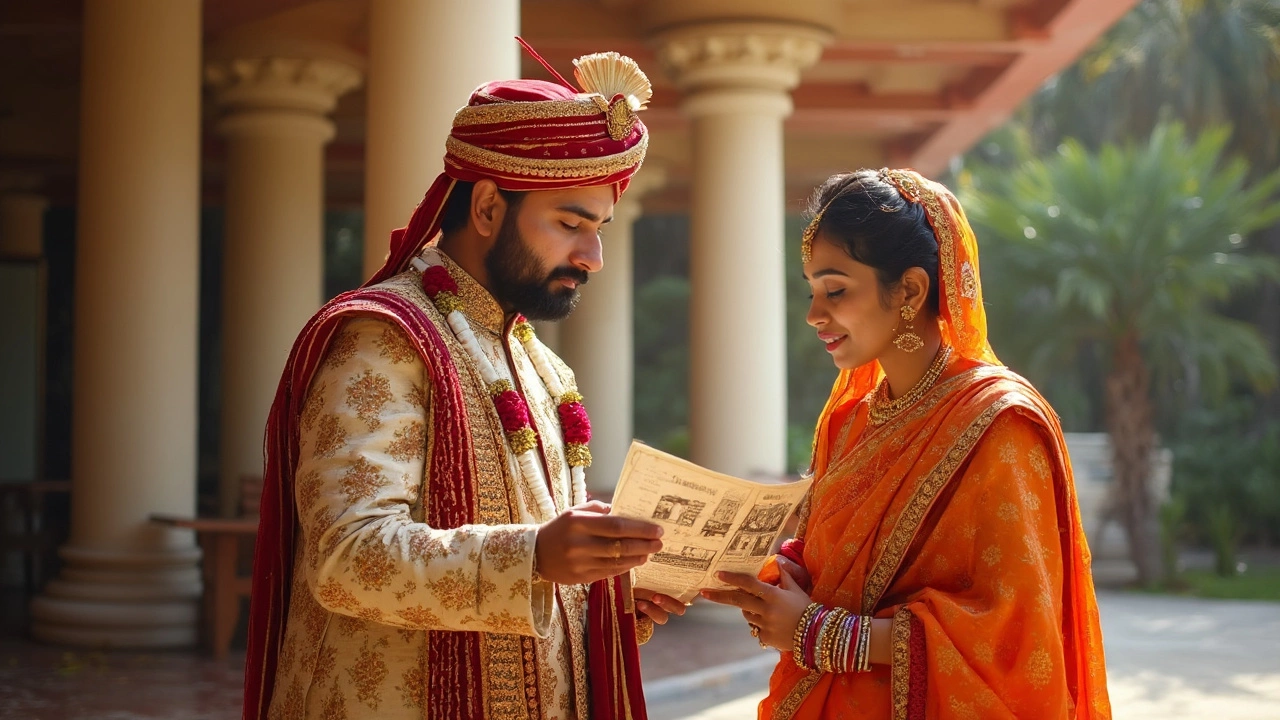Groom's Parents: Roles, Responsibilities, and Tips
When planning a wedding, groom's parents, the mother and father of the groom who help with traditions, budgeting, and day‑of logistics, also known as groom’s family, become the backbone of many decisions. Their involvement often dictates how smoothly the ceremony runs, who handles the rehearsal dinner, and which cultural customs are highlighted. In short, groom's parents shape the experience for the couple and guests alike.
Key Roles and Etiquette
The father of the groom, typically coordinates suit colors, greets guests, and may give a speech acts like the bridge between the two families. He often picks a tie color that matches the groom’s look, helps organize transportation, and ensures the rehearsal runs on time. Meanwhile, the mother of the groom, usually assists with guest hospitality, flower choices, and the mother‑of‑the‑bride‑to‑be dynamic balances emotional support with practical tasks such as arranging accommodations for out‑of‑town relatives.
Both parents must navigate wedding etiquette, the set of unwritten rules governing who pays for what, seating arrangements, and ceremony protocols. For example, many couples follow the tradition where the groom’s parents contribute to the rehearsal dinner and the father of the groom offers a toast. Understanding these norms prevents misunderstandings and keeps the planning stress low.
Another piece of the puzzle is groom attire, the suit, shoes, and accessories the groom and his party wear. The father of the groom often coordinates colors so the family looks cohesive, while the mother of the groom may help choose subtle details like pocket squares or cufflinks that tie into the overall palette.
These entities interact in clear ways: the groom's parents facilitate wedding etiquette, which guides decisions about groom attire, and the father and mother each manage specific aspects of the budget and guest experience. This network of responsibilities creates a smoother planning process for everyone involved.
Practical budgeting advice is also part of the mix. The groom's parents often split costs such as the rehearsal dinner, transportation, and sometimes even a portion of the floral budget. By having a transparent conversation early on, they can set realistic expectations and avoid last‑minute surprises.
When it comes to day‑of logistics, the groom’s parents usually take charge of the welcome area, ensuring guests feel comfortable and know where to go. They might also coordinate with the venue staff to handle timing for speeches, cake cutting, and the first dance.
Beyond the big tasks, emotional support matters. The mother of the groom often serves as a calming presence, offering a listening ear to the groom as nerves build. The father of the groom, meanwhile, may share anecdotes that add personal flair to speeches and toasts.
All these roles blend into a cohesive support system that lifts the couple and keeps the wedding running like a well‑rehearsed performance. Below, you’ll find articles that dive deeper into each of these areas—budget hacks, outfit guides, etiquette clarifications, and heartfelt tips from other couples who’ve been there.
Ready to explore specific advice on budgeting, attire, and etiquette? Check out the curated posts below to get actionable insights tailored for groom’s parents and the whole wedding crew.
Groom's parents often navigate the world of wedding finances with traditions and modern expectations mingling. While the bride’s family typically covers major costs, the groom’s parents still play significant roles in the financial landscape. From contributing to the venue cost to hosting the rehearsal dinner, there's a lot they may consider. With weddings becoming more diverse, financial responsibilities can shift and adapt. Sorting out who pays for what ultimately comes down to individual family dynamics.
